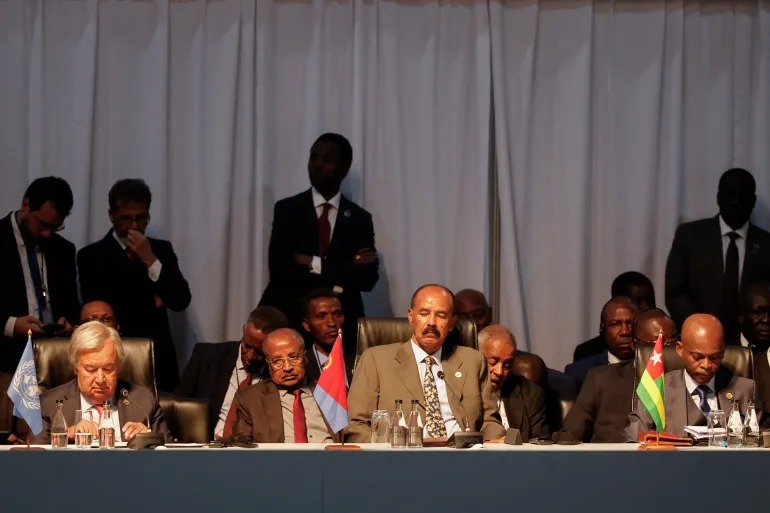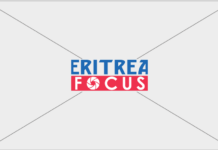Source: Africa Daily News Egypt
Eritrea has once again sparked controversy at the UN Human Rights Council (UNHRC) by pushing for the termination of the mandate of Special Rapporteur Mohamed Babiker. The move highlights the persistent tensions between Asmara and international human rights mechanisms, which the Eritrean government accuses of politicization and bias.
The Eritrean proposal to end Babiker’s mandate, presented during the June–July 2025 session of the UNHRC, was ultimately rejected. Instead, the council extended the Special Rapporteur’s mandate for another year. Rights groups, both Eritrean and international, welcomed the renewal, arguing that independent oversight remains crucial amid ongoing abuses.
Origins of the Mandate
The journey toward international human rights scrutiny in Eritrea began in 2003 when the African Commission on Human and Peoples’ Rights called for the release of political prisoners arrested in 2001. Despite Eritrea’s participation in the Universal Periodic Review process, UN reports have consistently cited its weak implementation of recommendations.
Mounting reports of abuses prompted Eritrean diaspora activists and global NGOs to press for stronger mechanisms. This culminated in the establishment of the Special Rapporteur position in 2012, following a resolution sponsored by Djibouti, Somalia, and Nigeria. Two years later, in 2014, the Human Rights Council launched a Commission of Inquiry (CoI) to investigate the scale of violations.
Mandates and Findings
The Special Rapporteur is tasked with documenting human rights violations, meeting with witnesses abroad, and reporting to both the UNHRC in Geneva and the General Assembly in New York. The 2015 and 2016 CoI reports were landmark achievements. The first documented widespread abuses including extrajudicial killings, forced disappearances, arbitrary detention, and torture. The second found reasonable grounds to believe that crimes against humanity had been committed since 1991.
A major focus was Eritrea’s indefinite national service program, which the CoI described as akin to slavery. The reports named government officials, military leaders, and intelligence officers as potential perpetrators.
Asmara’s Position
Eritrea has consistently rejected the mandate, viewing it as externally imposed and politically motivated. Government statements accuse the US of orchestrating the creation of the Special Rapporteur role and the CoI. Asmara also criticizes the methodology of both bodies, alleging reliance on testimonies from exiles with political motives.
Authorities argue that international scrutiny violates Eritrea’s sovereignty and ignore domestic progress in health, education, and women’s rights. They have refused to cooperate with both the Special Rapporteur and the CoI, instead endorsing the Universal Periodic Review as a more “neutral” mechanism.
Civil Society Support
Eritrean human rights organizations in exile have strongly supported the renewal of the mandate. With no free press or independent civil society within the country, they argue that international oversight is essential for accountability.
Groups like Amnesty International and Human Rights Watch have also called for strengthening the mandate. They reject Asmara’s claim that lack of access invalidates the Special Rapporteur’s work, instead blaming the government for obstructing independent investigations.
The Road Ahead
With the mandate extended to July 2026, advocates say the international community must maintain pressure on Eritrea while exploring avenues for justice and redress. They warn that without external monitoring, the cycle of impunity will persist.
As one Eritrean rights advocate put it, “We are not asking the world to speak for us. We are asking the world to hear us.”






